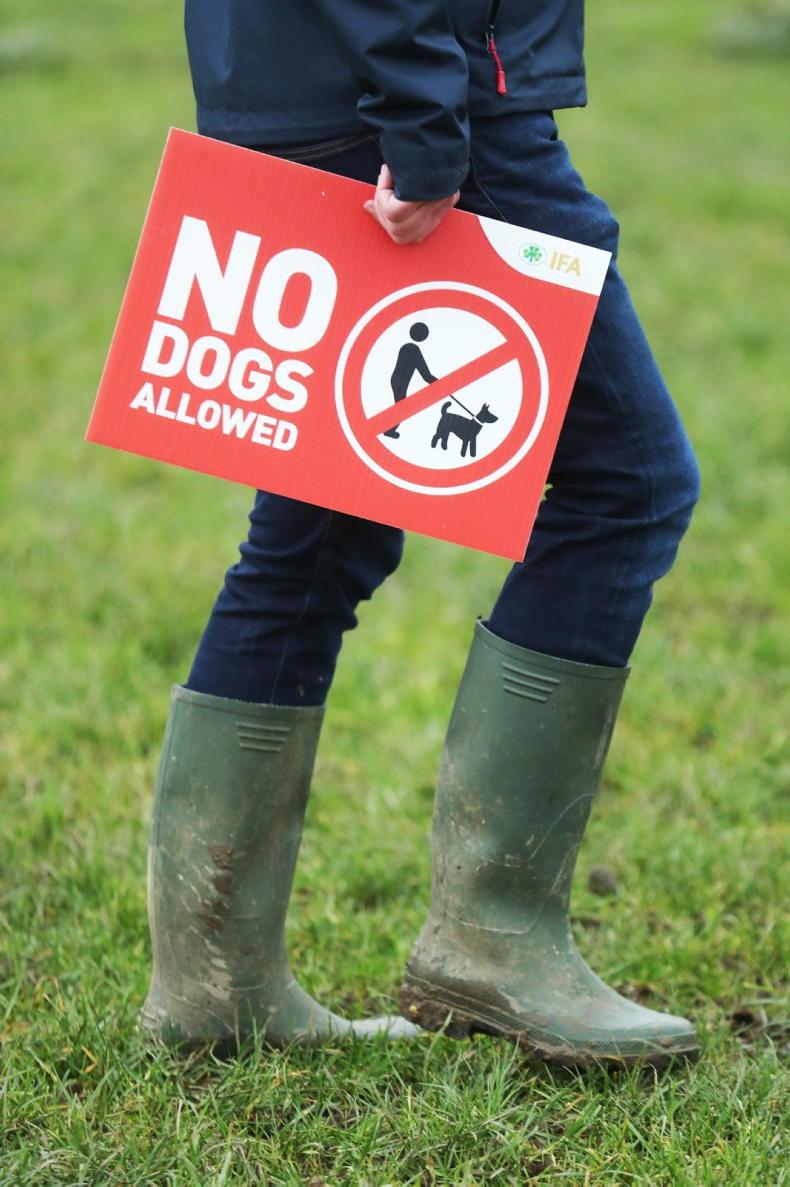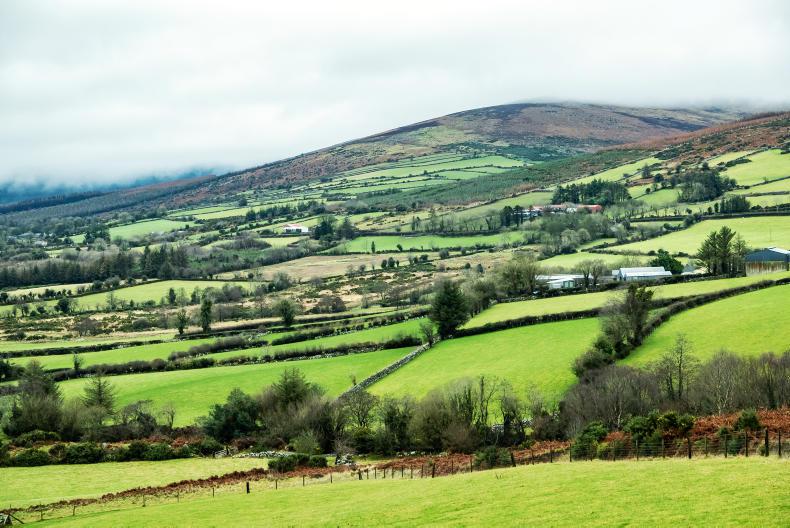Reacting to the recent sheep kills reported throughout the country over the Christmas period, IFA sheep chair Sean Dennehy said Government and the various state agencies with responsibility in this area continue to sit on their hands on the matter.
IFA has met with Ministers Charlie McConalogue and Malcolm Noonan on the issue over the past year to have meaningful measures put in place to protect sheep farmers from the irresponsible behaviour of some dog owners.
IFA launched a ‘No Dogs Allowed’ campaign in early 2021.
This campaign will continue until action is taken by Government to address this persistent problem. 
Dennehy said the number of dog attacks on sheep is grossly under reported, due to the lack of action from authorities when sheep kills and sheep worrying are reported by farmers.
“There are very few sheep farmers in the country who have not had the horrendous experience of finding their flock savaged by dogs, yet the official figures recorded only 241 such incidents in 2020,” he said.
“It’s not acceptable to farmers, who provide full traceability for seven million cattle and three million breeding sheep – where every animal is individually tagged and traceable to the person responsible for them – that a similar system is not in place for dog owners,” he said.
There are an estimated 800,000 dogs in the country, with only 207,866 licences issued in 2020. This leaves almost 600,000 without identification, or association to a responsible keeper.
Ornua price rises
The Ornua PPI for December has climbed to 135.5 points, an equivalent farm gate price of 41.6cpl (VAT included). When adjusted to include the Ornua Value Payment, worth €3.72m, the equivalent farm gate price is 45.6cpl.
Due to rising input costs, adverse weather and new environmental policies, global milk supply from the main exporting countries has been constrained, despite a substantial increase in dairy commodity prices.
IFA dairy chair Stephen Arthur said this tightened supply is supporting the sustained rise in milk price we have seen for the past six months.
This week’s New Zealand GDT auctions also reported milk price increases in butter, SMP and cheddar cheese. However, the benefits to farmers of the increase in milk price have been significantly offset by the rise in input costs.
Teagasc estimates that the average cost of production will increase by 13% in 2022, on top of a 9% increase in 2021. Combined, this will lead to a cost increase of around 23% within two years and is expected to result in a decline in average incomes for dairy farmers this year.
Arthur said processors must pay a milk price well in excess of 40cpl this month.
“Given the buoyant year processors have had and the rising costs farmers will have to incur this year, every board member has to seriously consider a 13th payment for its suppliers,” he concluded.






 This is a subscriber-only article
This is a subscriber-only article










SHARING OPTIONS: